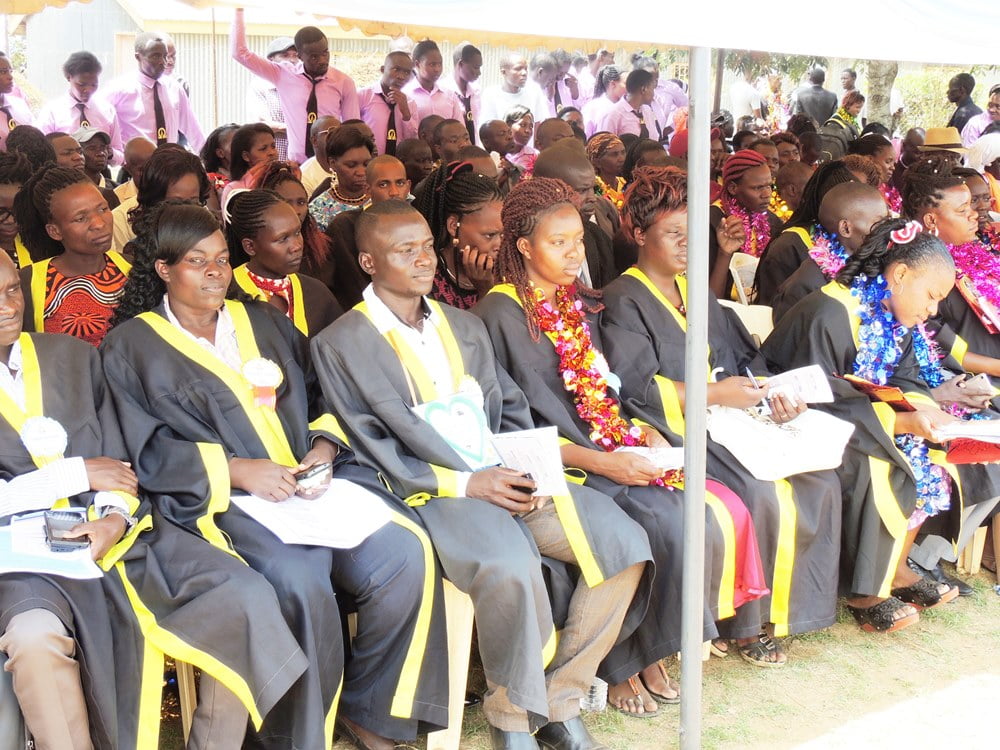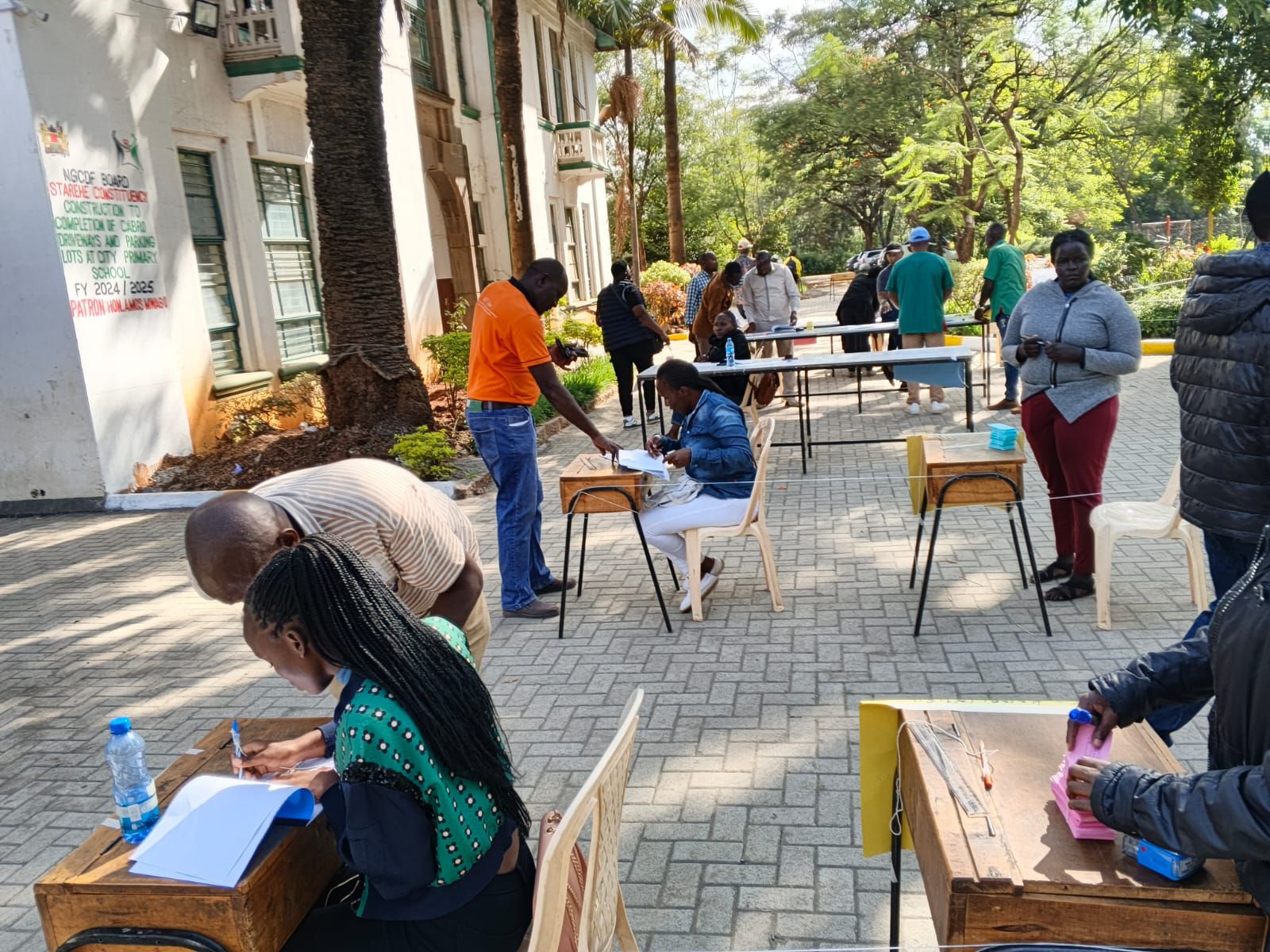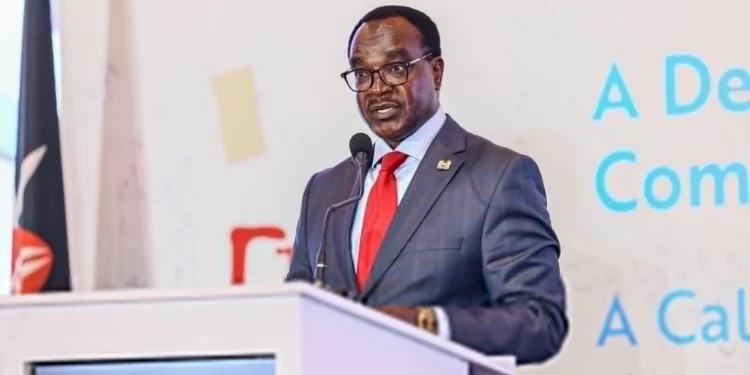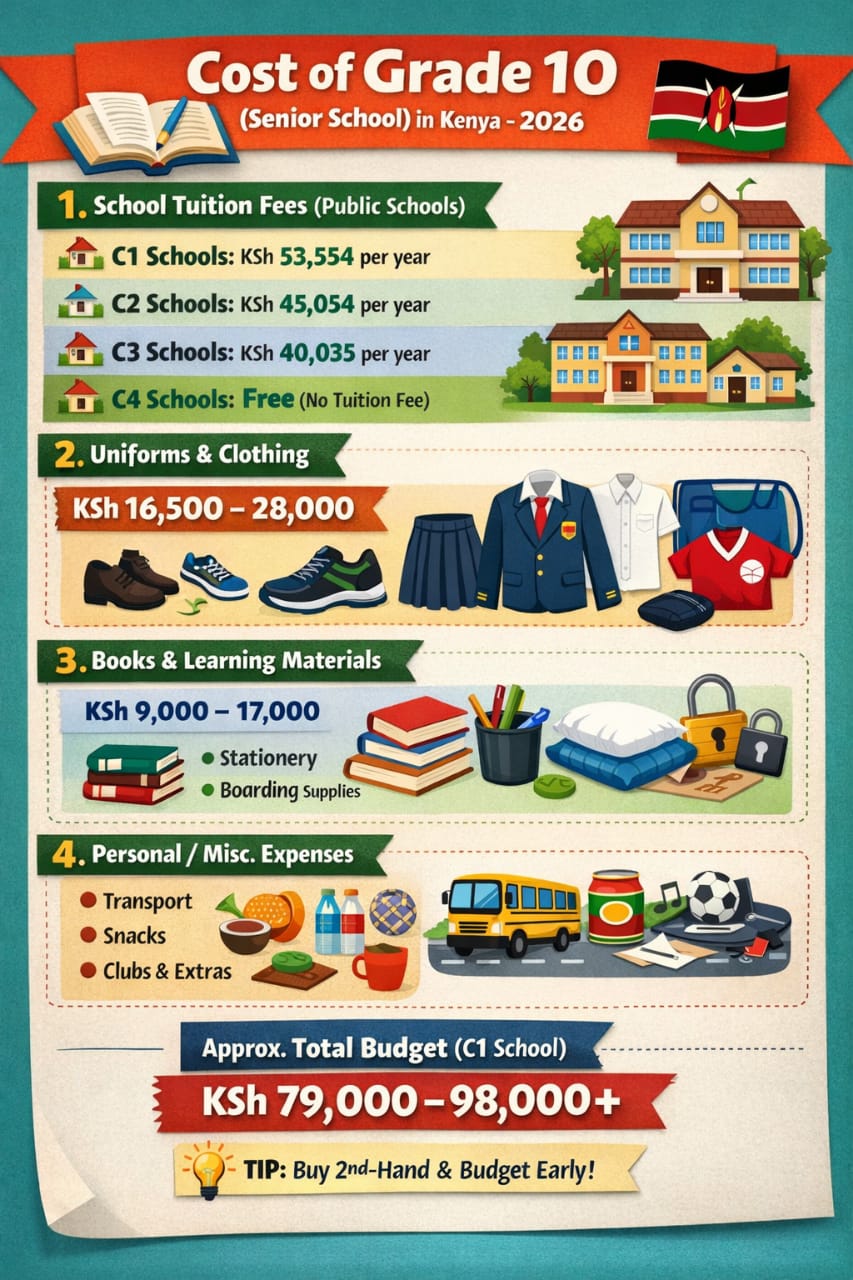The Teachers Service Commission (TSC) has launched a nationwide verification exercise targeting primary school teachers eligible for the World Bank–sponsored upgrading program.
In a new Excel template distributed to Regional, County, and Sub-County Directors this week, the Commission requested fresh details to finalise the rollout. The initiative, developed in partnership with the World Bank, aims to equip primary school teachers with advanced competencies to handle Grades 7, 8, and 9 under the Competency-Based Curriculum (CBC).
Previously, teachers were only required to indicate their KCSE mean grade and at least two teaching subjects with a C+ (plus) and above. The updated template now requires the exact grades obtained, which will then be verified against the original documents before shortlisting.
According to the memo, the information collected will inform subject combinations, training costs, and placement at designated universities, with the rollout expected in November. “The driving force behind this initiative is the Commission’s commitment to ensuring that Junior School level of Education operates at optimum staffing level,” the directive stated.
READ ALSO:
The program targets explicitly two groups of P1 teachers: Those with a KCSE mean grade of C+ and above in at least two subjects, but who never advanced to diploma or degree level and those with a C (plain) mean grade but at least a C+ in two teaching subjects.
Teachers who already hold diplomas or degrees are excluded, as the program is designed to uplift those stuck at the certificate level. Successful candidates will be promoted from job group C1 to C2 in line with Career Progression Guidelines (CPG).
Currently, junior schools face a shortfall of 72,442 teachers. TSC has so far recruited 68,550 since 2022, with an additional 24,000 interns set to be posted in January 2026. By September 2025, about 1,450 P1 teachers will also be deployed to junior schools.
Education analysts say this initiative is a game-changer. Supported by World Bank funding, it will ease the financial burden of upgrading qualifications, covering tuition and learning resources while unlocking career advancement and better remuneration for thousands of teachers.
For learners, the presence of more qualified teachers promises improved instruction, enhanced outcomes, and stronger implementation of the CBC. For TSC, it marks a decisive step toward building a more professional teaching force aligned with Vision 2030 and SDG 4 on quality education.
As headteachers rush to submit accurate teacher records, the Commission is clear: this is not just a routine training but a transformative program.
For many long-serving P1 teachers, it is the long-awaited chance to advance their careers and improve the quality of education in Kenya’s junior schools.
By Joseph Mambili
You can also follow our social media pages on Twitter: Education News KE and Facebook: Education News Newspaper for timely updates.
>>> Click here to stay up-to-date with trending regional stories
>>> Click here to read more informed opinions on the country’s education landscape






